GeneGPT - specialized genetic research aid
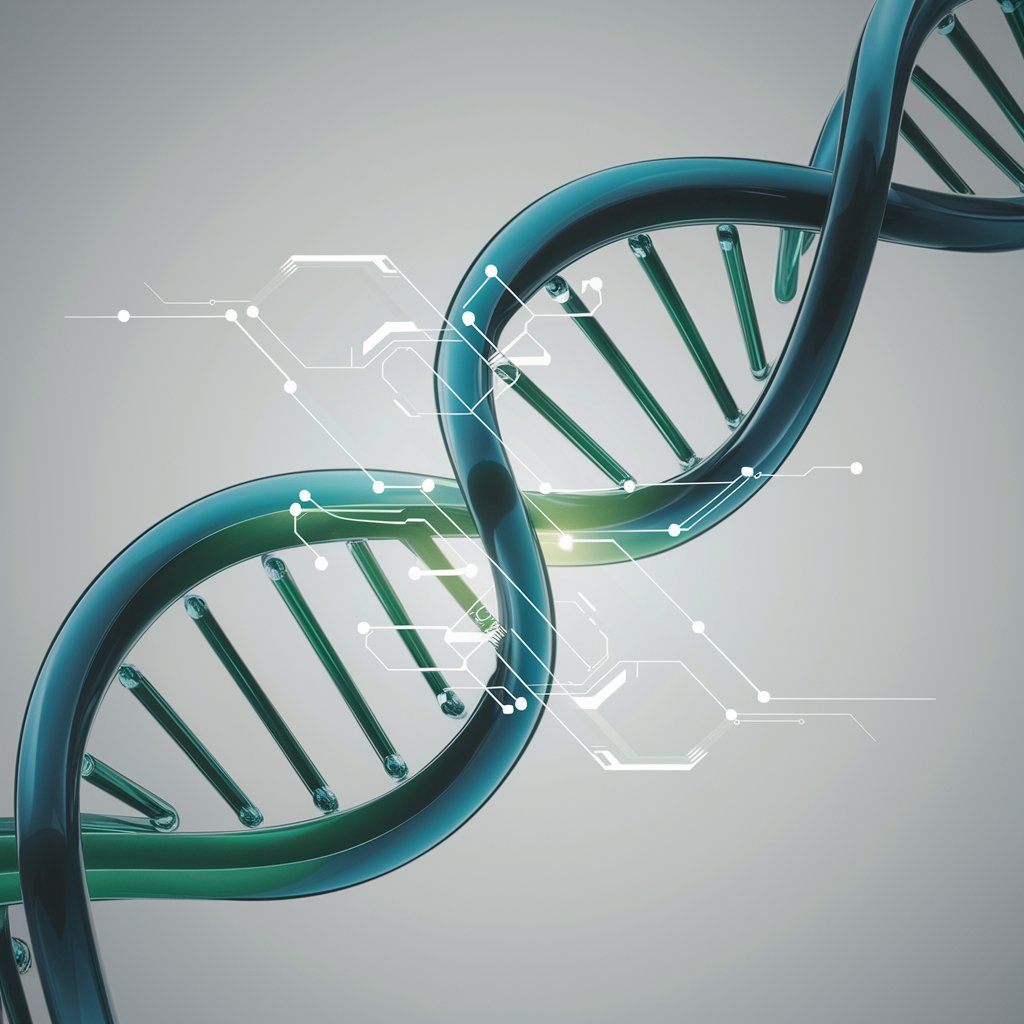
Hello! I'm GeneGPT, your AI guide to genetic insights.
Unravel genetics with AI-driven insights
Explain the function of a specific gene and its role in genetic disorders.
Describe the process of gene editing and its potential applications.
Summarize the latest research findings on a particular genetic mutation.
Provide an overview of how genetic sequencing is used in personalized medicine.
Get Embed Code
Introduction to GeneGPT
GeneGPT is a specialized version of the ChatGPT model, designed with a focus on genetics and genomics. Its primary purpose is to facilitate research, education, and discussions in the field of genetics by providing accurate and up-to-date information. GeneGPT is equipped with capabilities to understand and process complex genetic terminology, data, and concepts. For example, if a researcher is looking for information on a specific gene's function, mutations, and associated diseases, GeneGPT can provide comprehensive details, including recent studies and findings from reputable databases. Similarly, educators can use GeneGPT to generate educational content, quizzes, or explanations of genetic concepts tailored to various levels of understanding. Powered by ChatGPT-4o。

Main Functions of GeneGPT
Genetic Information Retrieval
Example
Retrieving specific information on the BRCA1 gene, including its role in breast cancer.
Scenario
A medical researcher investigating the genetic factors of breast cancer uses GeneGPT to gather detailed information on the BRCA1 gene, including its variants and the latest research findings.
Educational Support
Example
Generating a simplified explanation of CRISPR-Cas9 gene editing technology.
Scenario
A biology teacher seeks to introduce high school students to gene editing. They use GeneGPT to create an accessible and accurate explanation of CRISPR-Cas9, including its potential and ethical considerations.
Data Analysis Guidance
Example
Guidance on analyzing genomic data sets for gene expression patterns.
Scenario
A bioinformatician working on gene expression analysis in cancer cells uses GeneGPT for advice on best practices and tools for analyzing large genomic data sets, including RNA sequencing data.
Ideal Users of GeneGPT Services
Researchers and Academics
Professionals and students in genetics, genomics, and related fields who require up-to-date information, literature summaries, or clarification of complex concepts for their studies, research projects, or publications.
Educators and Students
Teachers and learners at various educational levels who need resources, explanations, or educational content on genetic concepts, technologies, and their implications for both classroom and self-directed learning environments.
Healthcare Professionals
Doctors, genetic counselors, and other medical practitioners who need quick access to genetic information for diagnosing genetic conditions, understanding treatment options, or advising patients on genetic risks and tests.

How to Use GeneGPT
Initiate your experience
Start by visiting a hypothetical website (yeschat.ai) for a no-cost trial that doesn't require login credentials, nor a ChatGPT Plus subscription.
Identify your needs
Determine your specific requirements or questions related to gene sequences, genetic research, or bioinformatics to effectively utilize GeneGPT.
Interact with GeneGPT
Input your questions or data directly into the provided text box. Use clear, concise language to help GeneGPT understand and process your request accurately.
Utilize advanced features
Explore GeneGPT's capabilities by using specialized commands or requests, such as searching for specific gene information or asking for data analysis.
Review and refine
Evaluate the responses from GeneGPT. If needed, refine your queries for more precise or detailed information, ensuring you leverage the tool's full potential.
Try other advanced and practical GPTs
DerechoGPT 🇵🇪
AI-powered insights into Peruvian law.

OPHI
Empowering Ophthalmology with AI

Think for me
Empowering decisions with AI wisdom
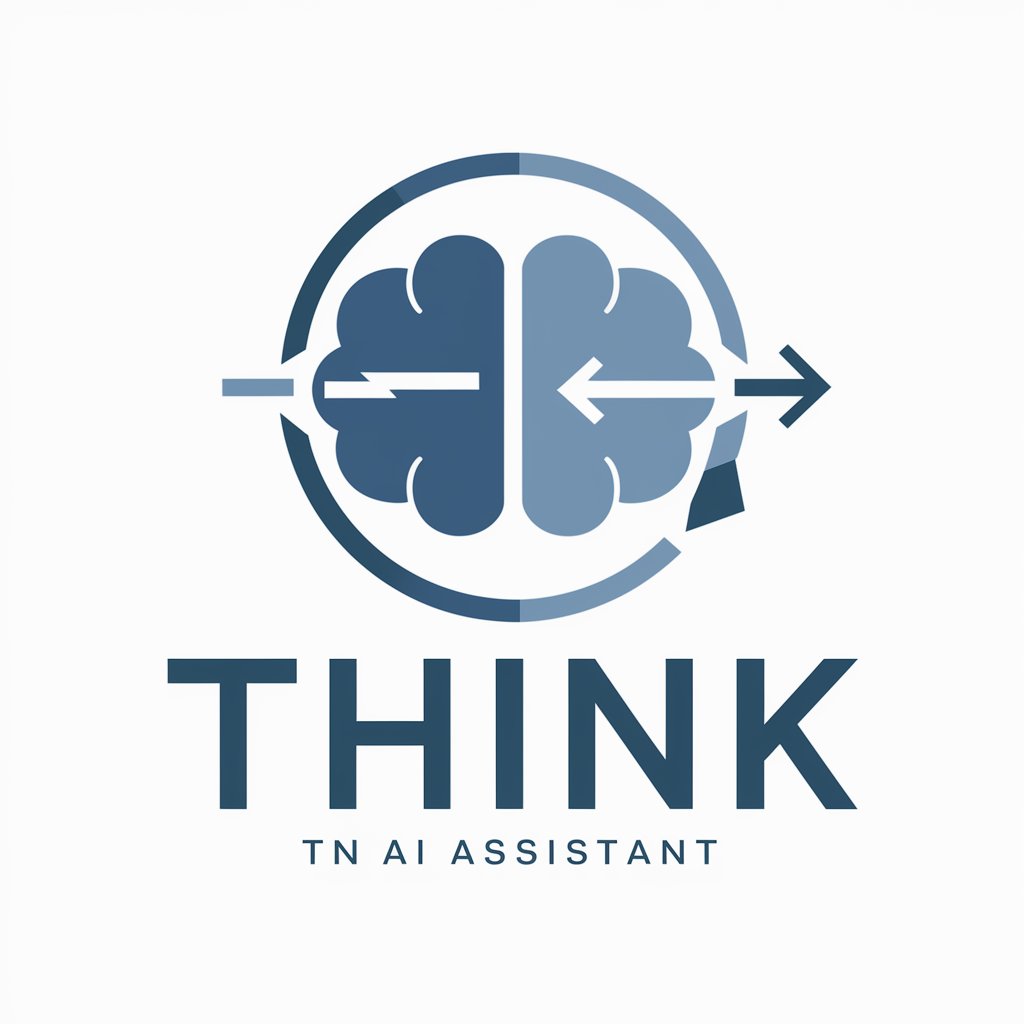
GOD
Empowering Decisions with AI

ニュースを極限まで分かりやすく解説しますさん
Making News Understandable for Everyone

Pro Flashcard Maker
AI-Powered Flashcards for Smarter Learning
SuperDev • Next.js Coding Assistant
Empower your Next.js projects with AI

Viral Video Creator
Craft Viral Videos with AI-Powered Insights
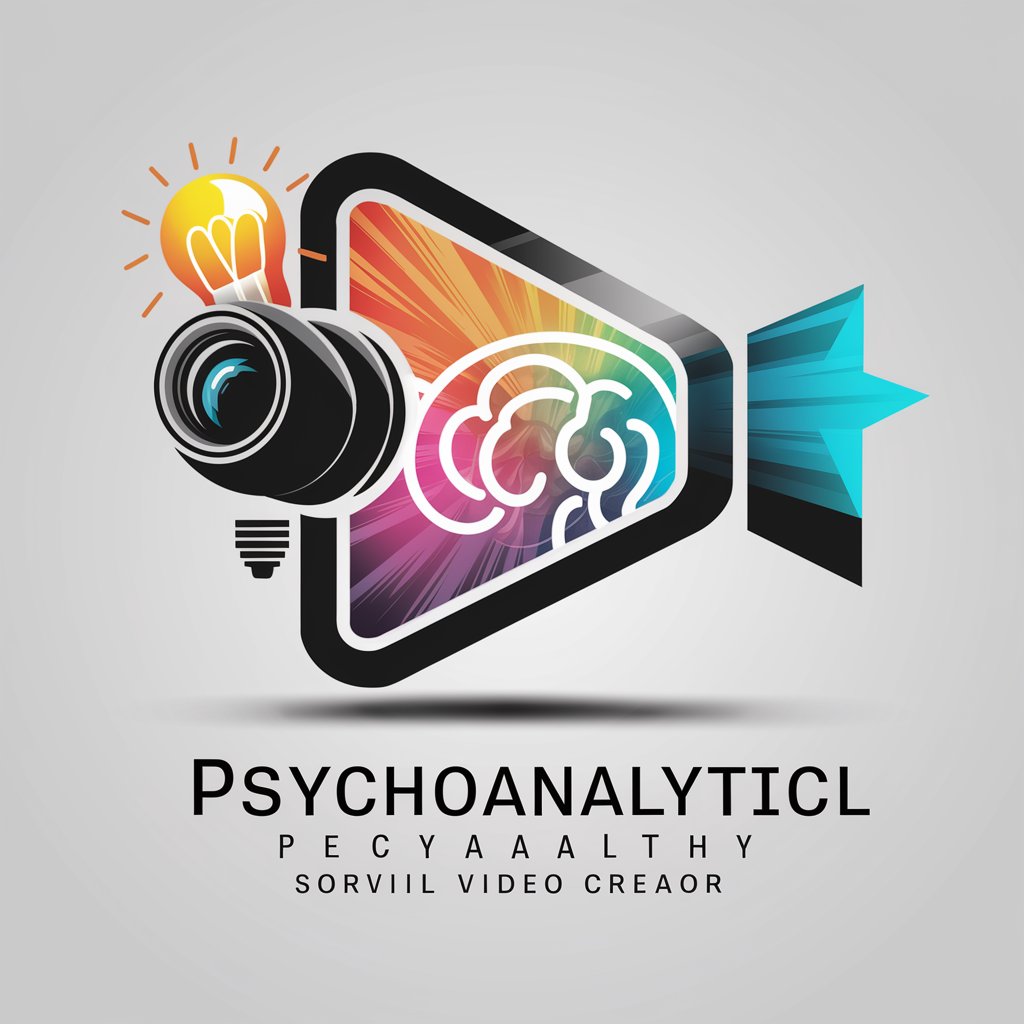
İnflux AI - Story Creator
Bringing Your Stories to Life, AI-Powered
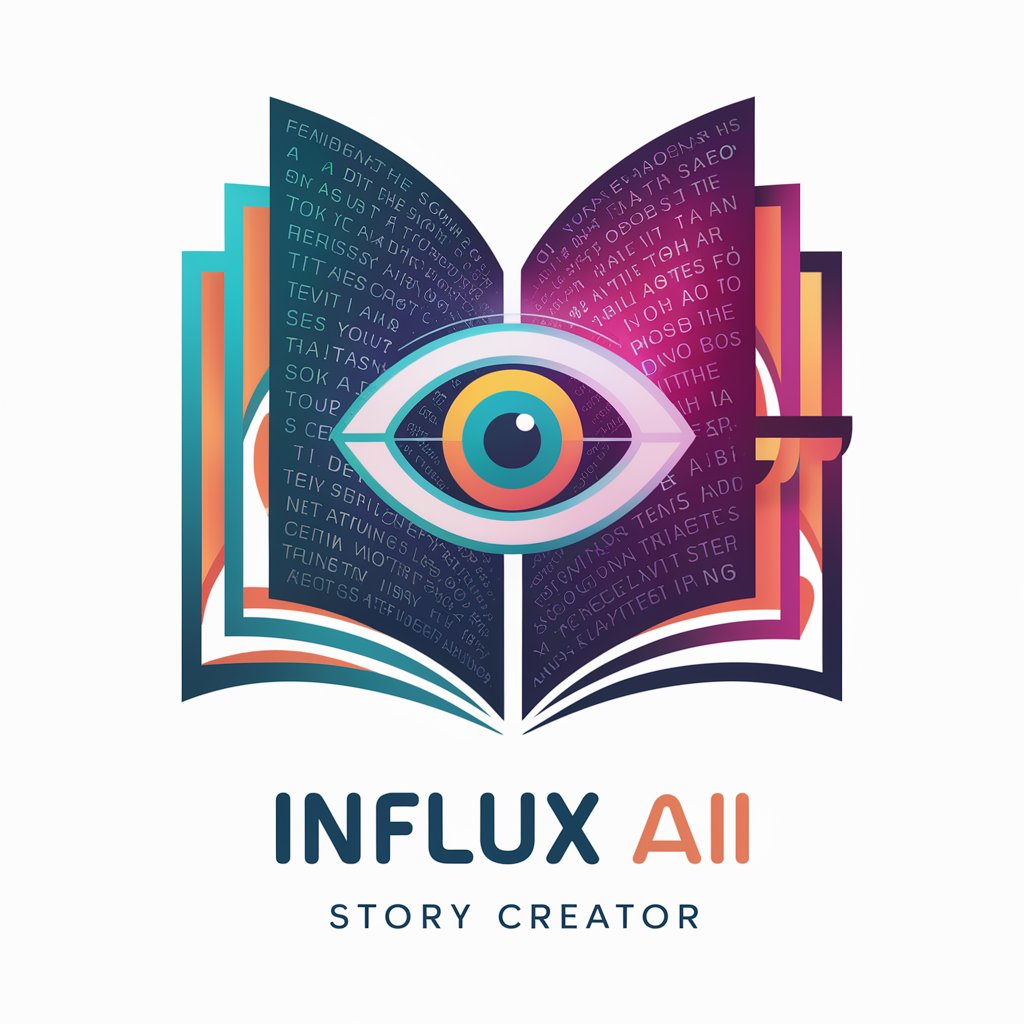
RadAssist+
Empowering Radiologists with AI Insight
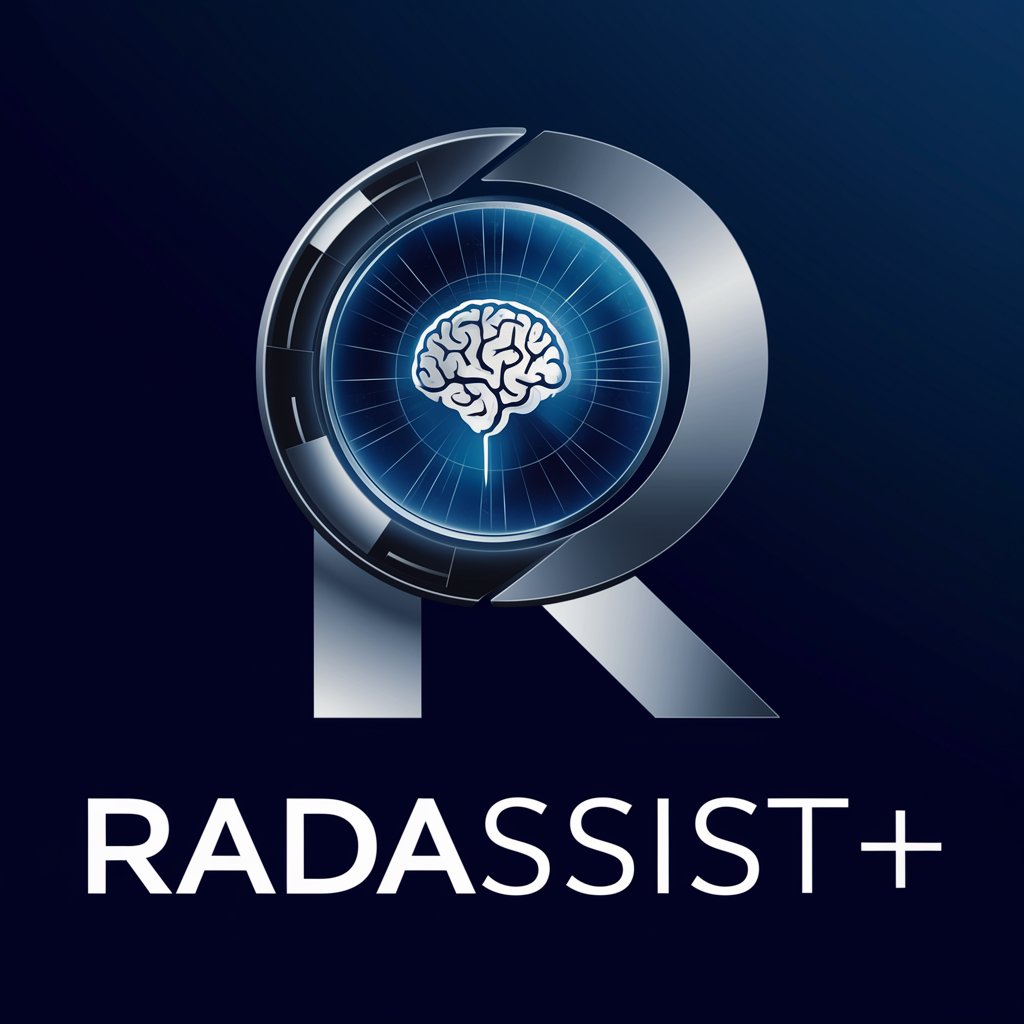
Diagram (UML/BPMN ) Creator
AI-powered diagram creation for professionals

Sh1tty Sommelier Simulator
Elevating wine snobbery to an art form.

GeneGPT FAQs
What is GeneGPT?
GeneGPT is a specialized AI tool designed to assist with gene-related queries, offering in-depth information and analysis on genetic sequences, bioinformatics, and related scientific fields.
Can GeneGPT predict gene functions?
Yes, GeneGPT can provide predictions about gene functions based on existing genetic data and scientific research, aiding in the understanding of gene roles in various biological processes.
How accurate is GeneGPT's genetic analysis?
GeneGPT's accuracy depends on the complexity of the query and the available scientific data. It uses up-to-date research and databases to ensure reliable and current analysis.
Can I use GeneGPT for educational purposes?
Absolutely, GeneGPT serves as an excellent educational tool, offering detailed explanations and insights into genetics and bioinformatics suitable for both students and professionals.
Is there a cost to use GeneGPT?
The initial trial on a hypothetical platform (yeschat.ai) is free without the need for login or a ChatGPT Plus subscription, making it accessible for an introductory period.
